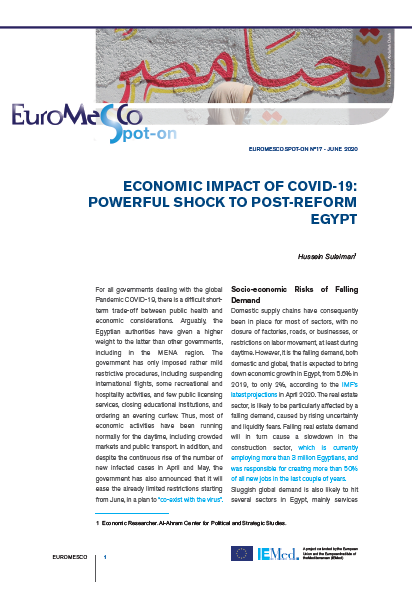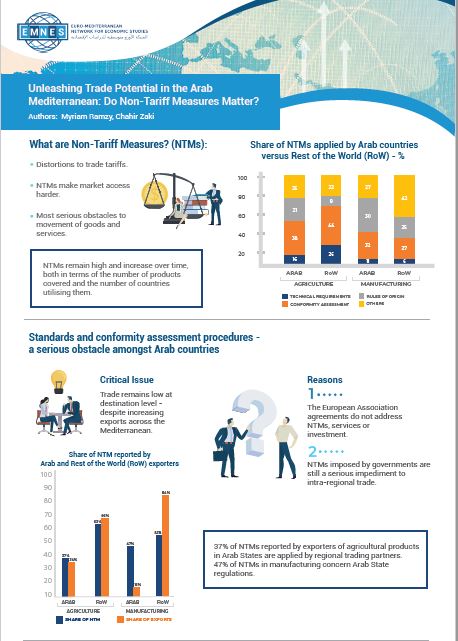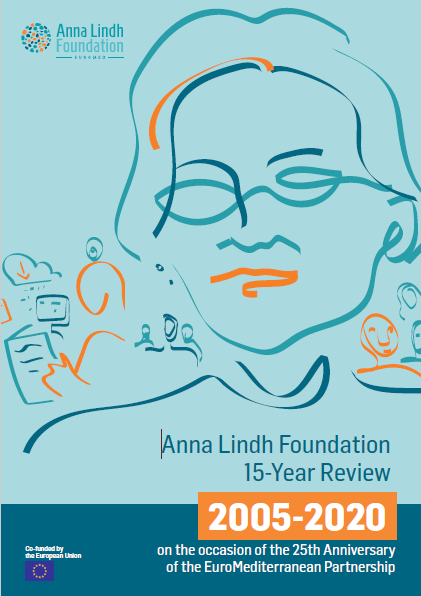Euromesco Spot-On 17 – Economic impact of COVID-19: Powerful shock to post-reform Egypt

It is the falling demand, both domestic and global, that is expected to bring down economic growth in Egypt. Sluggish global demand is also likely to hit several sectors in Egypt, mainly services exports. Amongst them, tourism is suffering the most, as the sector has halted almost completely for the last couple of months.
The repercussions will include rising unemployment, from 8.6% in 2019, to 10.3% in 2020, according to the latest IMF projections.
The Egyptian authorities have announced several measures to contain the economic implications of the COVID-19 pandemic. The government dedicated 100 billion Egyptian pounds (EUR 5.8 billion), roughly 1.8% of GDP, as a stimulus package. In addition, the central bank has been implementing supporting measures.
However, there could be a silver lining to the pandemic and its economic implications, in allowing the government to build and develop a database for informal workers and businesses, as they apply to receive the emergency grants.
Furthermore, the pandemic is highlighting the dire condition of the healthcare sector in Egypt, and how underfunded and short-staffed it is, with public health expenditure at merely 1.2% of GDP in 2019/2020.
Moreover, the pandemic has also highlighted the potentials of the digital transformation in Egypt, as more businesses and public services were forced to rely on digital platforms and technologies to operate during the last couple of months, including a complete shift to digitalization in education, with its various levels.
Latest Publications






























 Syria
Syria 



